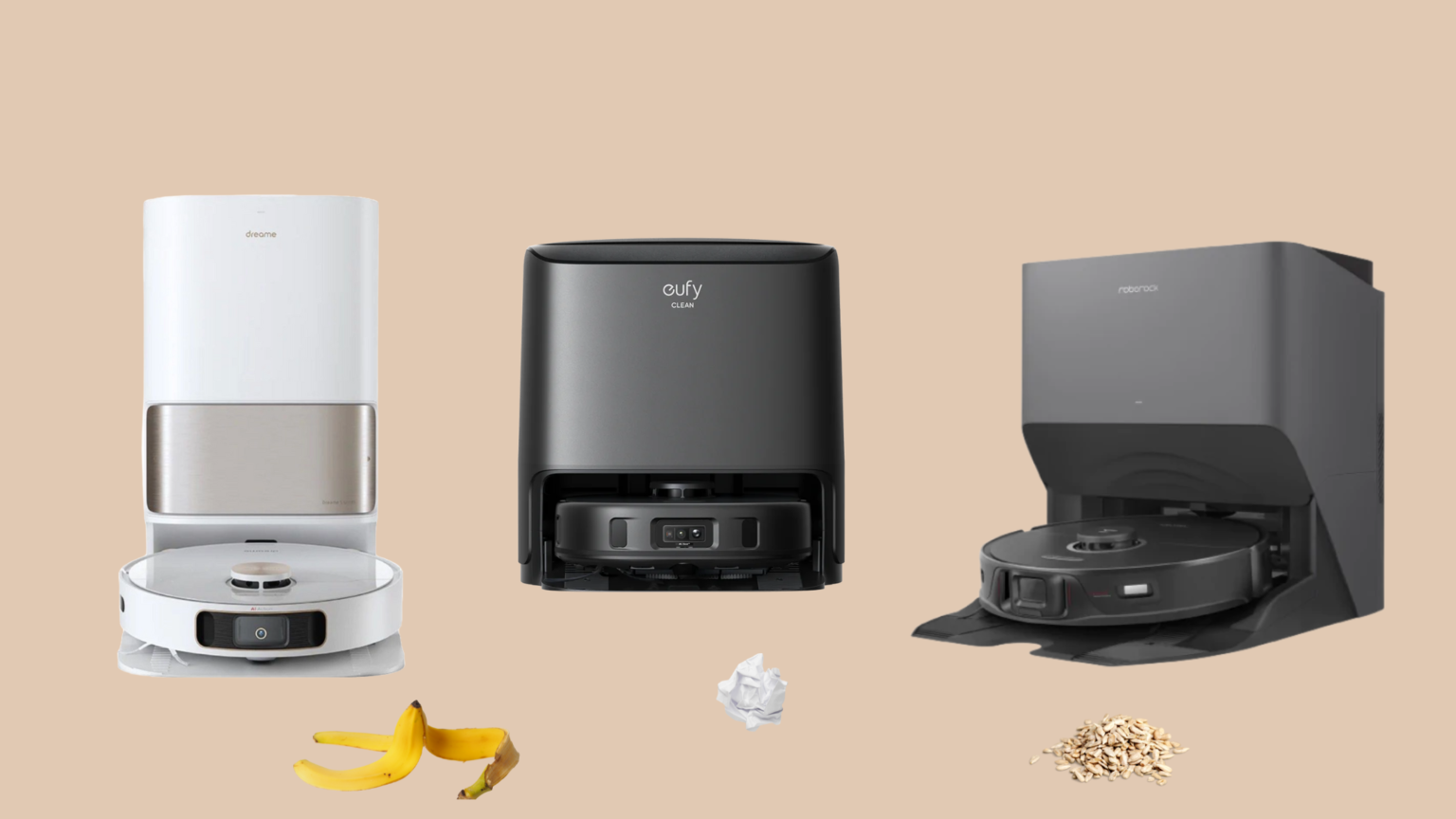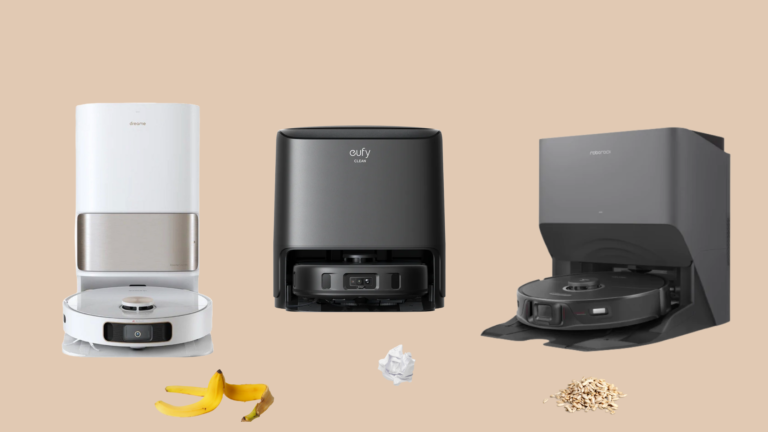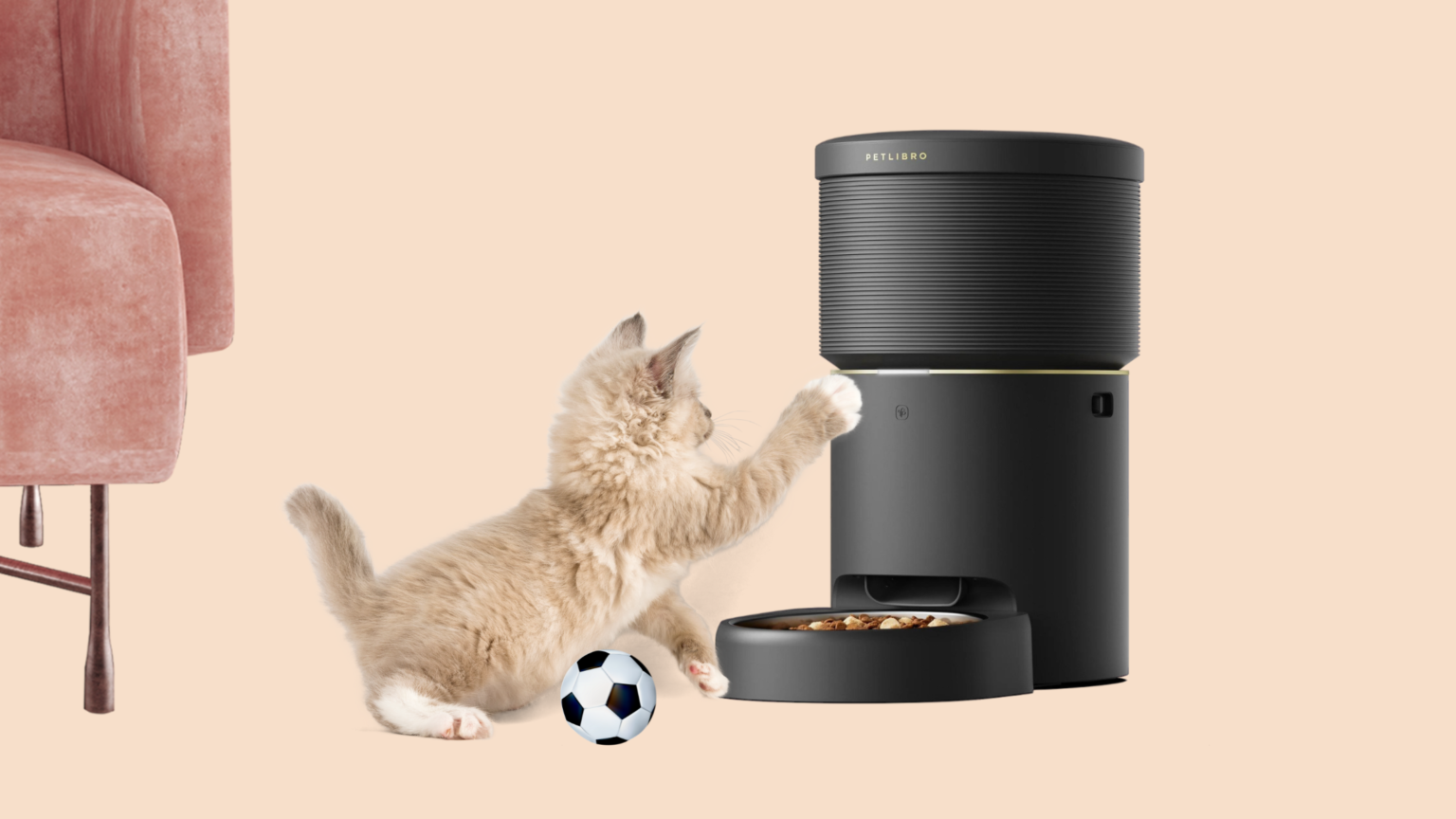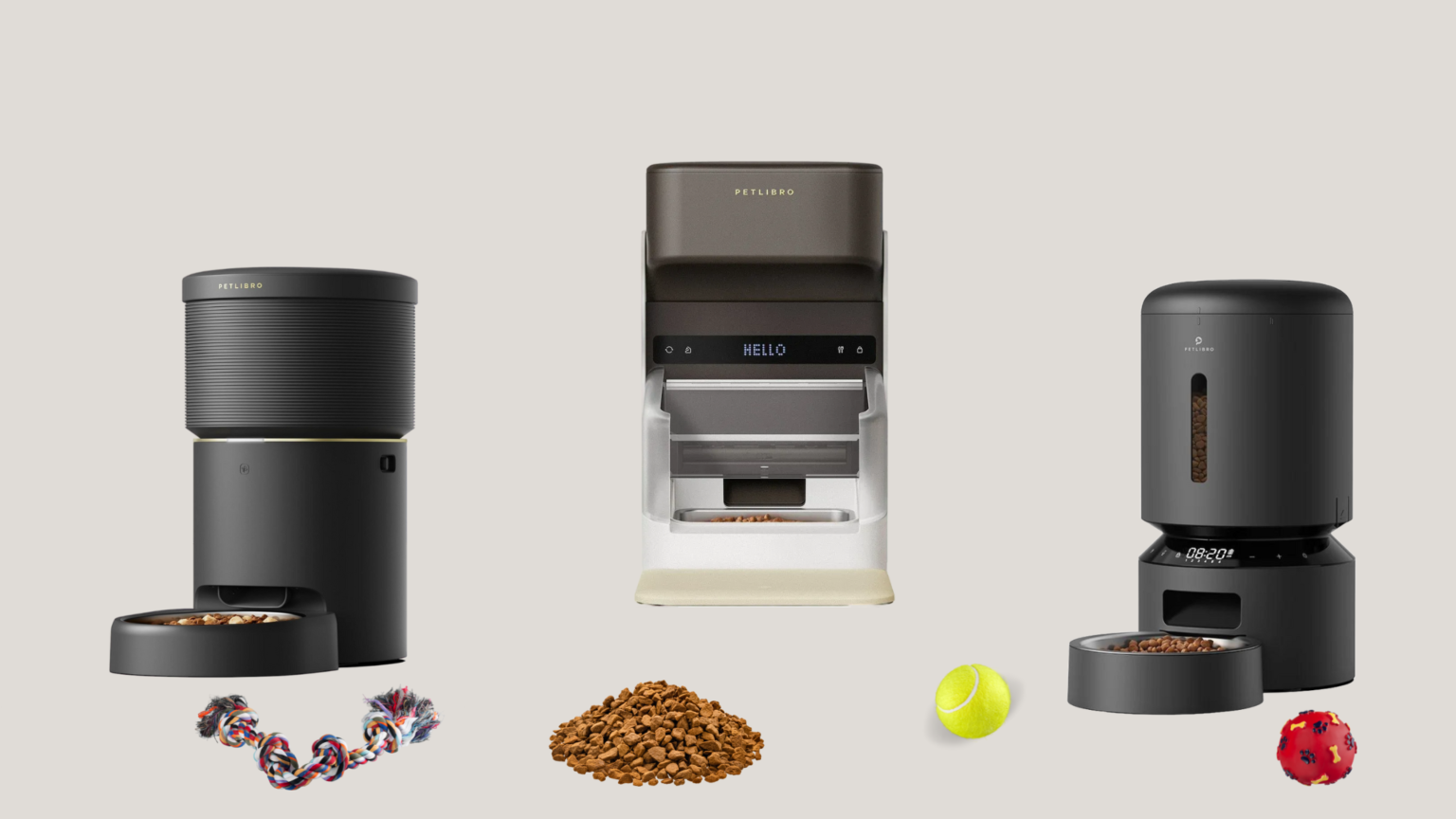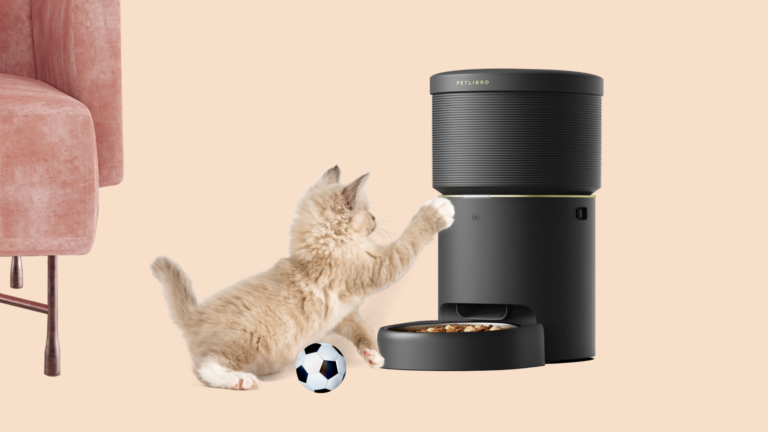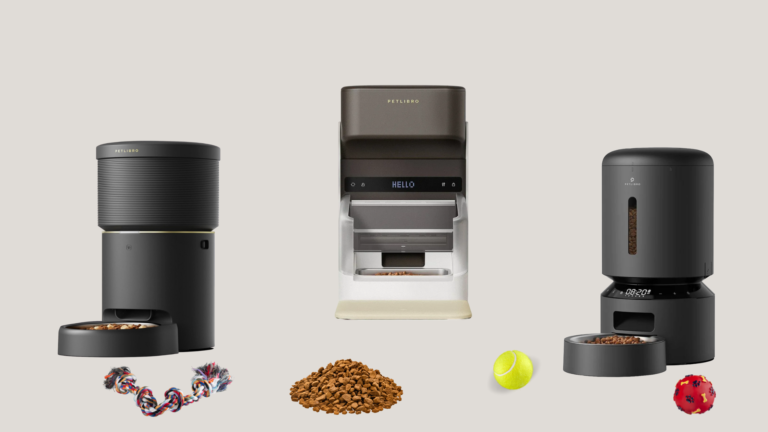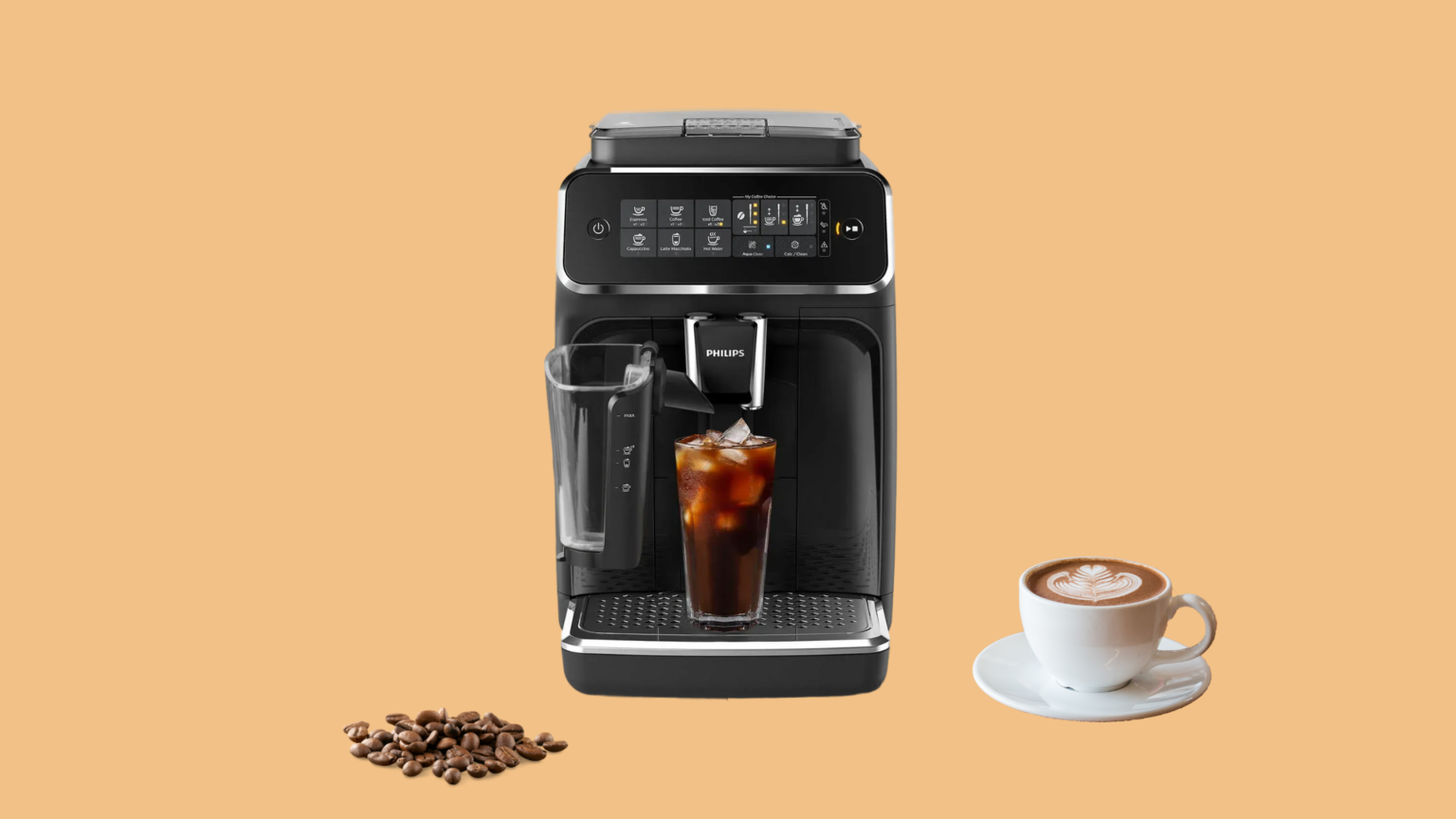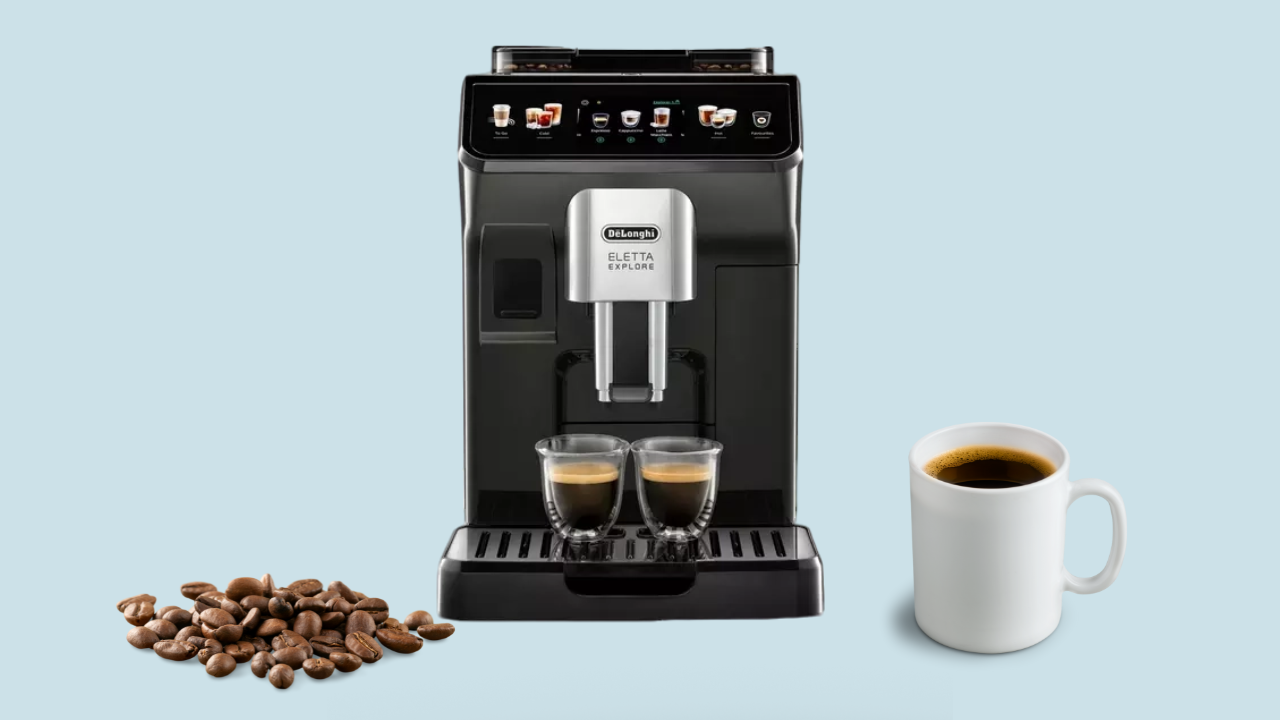We independently review our recommendations, and we may earn commissions from provided links. Find out more.
By Alexander Arnaudov / Last Updated October 20, 2023
Arlo Pro 4 Spotlight Security Camera Review

Welcome to our comprehensive guide on how to install a smart thermostats. In this article, we’ll provide you with a step-by-step process to upgrade your home comfort. Embrace the world of smart technology and discover how easy it is to install a smart thermostat for enhanced convenience and energy efficiency.

Is it worth getting a smart thermostat?
Absolutely, investing in a smart thermostat is worthwhile. These devices offer remote control, energy savings, and personalized comfort. They learn your preferences, optimize your HVAC system, and often integrate with smart home setups. The initial cost is outweighed by long-term energy savings and increased convenience. Overall, a smart thermostat is a smart choice for comfort, efficiency, and sustainability.
The Benefits of Upgrading to a Smart Thermostat
In an era where technology is rapidly transforming the way we interact with our surroundings, the concept of the smart home has emerged as a revolutionary trend. At the heart of this transformation lies the smart thermostat – a device that not only brings convenience and efficiency to our lives but also plays a significant role in creating more sustainable living environments. The benefits of upgrading to a smart thermostat are far-reaching, impacting both our comfort and the world around us.

1. Energy Efficiency and Cost Savings
One of the most compelling reasons to upgrade to a smart thermostat is its potential to significantly reduce energy consumption and lower utility bills. Unlike traditional thermostats that rely on manual adjustments, smart thermostats incorporate advanced algorithms and sensors to learn your heating and cooling preferences. They then automatically create optimized schedules that align with your daily routine. Additionally, some smart thermostats utilize geofencing technology to detect when you’re away from home and adjust the temperature accordingly, ensuring that energy is not wasted heating or cooling an empty house.
2. Remote Accessibility and Control
The convenience of controlling your home’s climate remotely cannot be overstated. Smart thermostats allow you to monitor and adjust your home’s temperature from anywhere using your smartphone or other connected devices. Whether you’re at work, on vacation, or simply lounging in another room, you have complete control over your home’s comfort. This feature not only adds convenience to your daily life but also ensures that you arrive home to a comfortable environment without wasting energy when no one is present.

3. Personalized Comfort and Leaning Capabilities
Smart thermostats go beyond basic programming. They learn from your behaviors and preferences, adapting their schedules to match your lifestyle. Over time, they recognize patterns in your temperature adjustments and create customized schedules that optimize both comfort and energy savings. Some models even provide insights into your energy usage, helping you make informed decisions about how to further enhance efficiency.
4. Integration with Smart Home Ecosystems
The beauty of smart home technology lies in its interconnectedness. Smart thermostats seamlessly integrate with other smart devices in your home, creating a cohesive ecosystem that works in harmony. They can collaborate with smart lighting, occupancy sensors, and even weather forecasts to make real-time adjustments that enhance your comfort and energy efficiency. This level of integration transforms your living space into an intelligent environment that anticipates and responds to your needs.
5. Environmental Benefits
The impact of upgrading to a smart thermostat extends beyond your personal comfort and financial savings – it contributes to a more sustainable future. By reducing energy consumption and optimizing heating and cooling cycles, smart thermostats help decrease greenhouse gas emissions and alleviate strain on energy resources. Making energy-efficient choices at home aligns with global efforts to mitigate climate change and promote a cleaner, healthier planet.

6. Make Install a Smart Thermostat Easy
Traditional thermostats can be complicated to program and adjust, often requiring a manual switch between heating and cooling modes. Smart thermostats simplify this process with user-friendly interfaces and intuitive controls. Many models offer touchscreens, mobile apps, and voice control options, making it effortless to modify settings according to your preferences.
How to Choose the Right Smart Thermostat for Your Home
Selecting the perfect smart thermostat involves considering compatibility, heating zones, learning features, remote control, voice integration, energy insights, design, installation ease, brand reputation, and cost. These aspects ensure your choice aligns with your home’s needs and your desire for comfort and efficiency.
(Credit: ecobee)
Delving Further: Our Best Tested Selections

In Conclusion: The feature-rich Ecobee Smart Thermostat Premium controls your heating and cooling, works as a smart speaker and security device, monitors air quality, and supports lots of third-party platforms.
Compatibility: Smart thermostat for Alexa, Apple HomeKit, Google Home, Samsung SmartThings

GET IT NOW
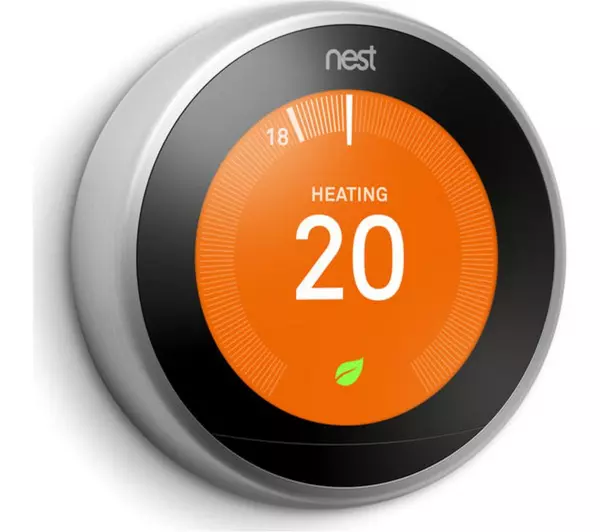
In Conclusion: Nest’s most-advanced smart thermostat features a larger, crisper, and more useful display than its predecessors, along with wide compatibility with HVAC systems.
Compatibility: Amazon Alexa, Google Home, Samsung SmartThings

GET IT NOW

In Conclusion: The highly cost-effective Amazon Smart Thermostat empowers you to manage your heating and cooling system through your smartphone or with voice commands via Alexa.
Compatibility: Amazon Alexa

GET IT NOW
Future-Ready Comfort: Step-by-Step Guide How to Install a Smart Thermostat
As the world continues to embrace smart technology, the concept of a future-ready home has become increasingly enticing. Smart thermostats, in particular, offer a gateway to enhanced comfort, energy efficiency, and seamless connectivity. If you’re looking to embark on this journey of upgrading your home, this step-by-step guide how to install smart thermostat will navigate you through the process with ease.
Step 1: Gather Your Tools and Materials
Before diving into the installation process, make sure you have all the necessary tools and materials at hand. You’ll typically need a screwdriver, wire stripper, voltage tester, and a smartphone or tablet for setup and configuration. Additionally, ensure that your new smart thermostat is compatible with your current HVAC system.

Step 2: Turn Off the Power
Safety is paramount when working with electrical systems. Head to your home’s circuit breaker and turn off the power supply to your HVAC system. This precautionary measure will ensure your safety throughout the installation process.
Step 3: Remove the Old Thermostat
Carefully remove the cover of your existing thermostat to access the wiring. Take note of the wires and their corresponding labels, as you’ll need this information when connecting the wires to the new smart thermostat.
Step 4: Install the New Mounting Plate
Attach the new mounting plate to the wall using the provided screws. Make sure it’s level and securely fastened. The mounting plate provides the foundation for your new smart thermostat.
Step 5: Connect the Wires
Refer to the labels you made earlier for the old thermostat wires. Gently connect each wire to the corresponding terminal on the new smart thermostat. Follow the manufacturer’s instructions carefully to ensure proper connectivity.

Step 6: Attach the Smart Thermostat
Once the wires are securely connected, subsequently carefully attach the smart thermostat to the mounting plate. Ensure it’s aligned properly and snaps into place.
Step 7: Power On and Configure
Turn the power back on at the circuit breaker. The smart thermostat should power up, and you’ll be guided through the setup process on the device’s display. Follow the on-screen instructions to connect the thermostat to your home’s Wi-Fi network and configure your preferred settings.
Step 8: Download the App
Download the accompanying mobile app for your smart thermostat. This app will allow you to control your thermostat remotely, create schedules, and monitor energy usage from your smartphone or tablet.

Step 9: Test and Optimize
After installation and setup, it’s time to test your new smart thermostat. Adjust the temperature settings remotely using the app or voice commands if your thermostat supports voice control. Monitor how the thermostat responds to your commands and ensure that it’s functioning as expected.
Step 10: Explore Advanced Features
Take time to explore the advanced features of your smart thermostat. Many models offer features such as learning capabilities, in addition to geofencing, energy usage insights, and integration with other smart devices in your home. Customize your settings to align with your comfort preferences and energy-saving goals.

Conclusion
In conclusion, installing a smart thermostat is a future-ready step towards a more comfortable and efficient home. By following this step-by-step guide, you can successfully navigate through the installation process and begin enjoying the benefits of intelligent climate control. Embrace the future of home comfort and energy efficiency with a smart thermostat that elevates your living space into a connected and responsive environment.
FAQ
Yes, while smart thermostats offer benefits like energy savings and convenience, there are downsides to consider. These include higher upfront costs, dependency on technology, a learning curve, privacy concerns, compatibility issues, and potential reliability issues.
Yes, smart thermostats require an internet connection to access their full range of features, including remote control, energy monitoring, scheduling, and software updates. While basic functions might be possible without internet, their true capabilities are realized when connected to the web, enhancing convenience and efficiency.
Several smart thermostat brands are compatible with Alexa, Amazon's voice-controlled virtual assistant. Some popular options include thermostats from Nest, Ecobee, Honeywell, and Emerson. These brands offer models that can integrate seamlessly with Alexa, allowing you to control your thermostat using voice commands. It's important to verify compatibility and follow setup instructions provided by the thermostat manufacturer to ensure a smooth integration with Alexa.
In our blog, you'll discover a wealth of information to help you find the best smart thermostats for your specific needs and preferences. We offer insights into various top-rated brands and models, their features, compatibility, integration options, and more, empowering you to make an informed decision that aligns perfectly with your home comfort and efficiency goals.
Some smart thermostat models are designed to work without a C wire, making installation easier for homes that lack this wiring. Brands like Ecobee and Nest offer certain models that can operate using alternative power sources or by using adapters. These thermostats use innovative power-saving techniques to function effectively without the need for a C wire, providing homeowners with flexible installation options and compatibility with a wider range of HVAC systems.
Yes, smart thermostats have the potential to save money by optimizing heating and cooling schedules and reducing energy consumption. Through features like learning algorithms, remote control, and geofencing, they adapt to your preferences and daily routines, avoiding unnecessary heating or cooling when you're not home. This efficient usage of energy can lead to lower utility bills over time. While the extent of savings varies depending on factors like your climate, usage habits, and the specific model of smart thermostat, many users experience noticeable reductions in energy costs by using these intelligent devices.



